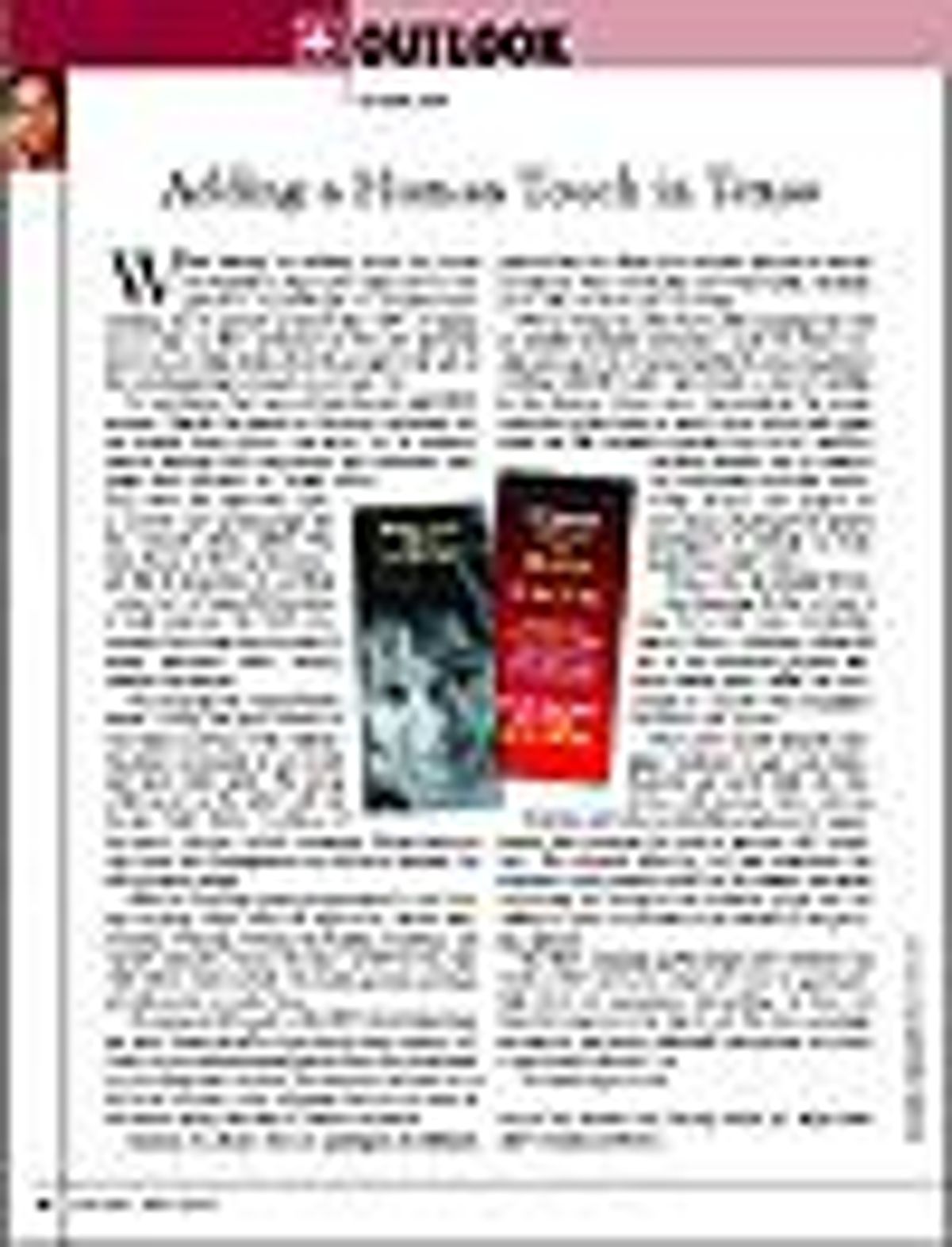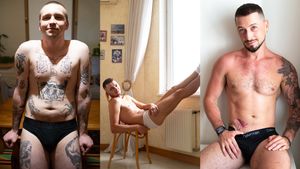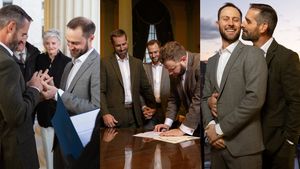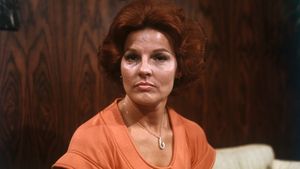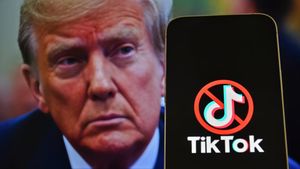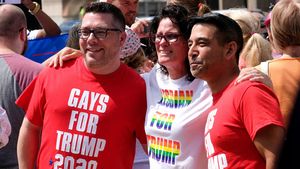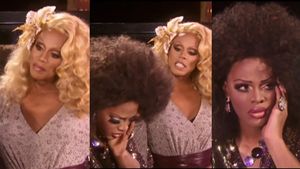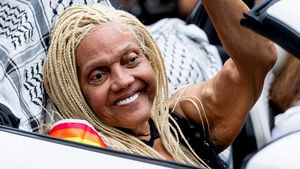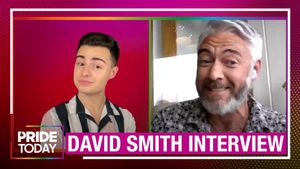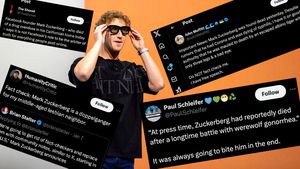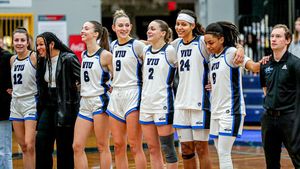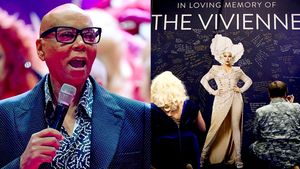All Rights reserved
By continuing to use our site, you agree to our Private Policy and Terms of Use.
While driving or walking down any major metropolitan street, you might not be surprised to see billboards or advertisements warning you to protect yourself from HIV or urging you to take an HIV antibody test. But you probably don't stop to really think about the people in the ads or the accompanying messages as you pass by. To help dispel that sense of detachment, eight HIV-positive African-Americans in Houston, including me, are putting human faces'our faces'on an unprecedented citywide HIV prevention and education campaign that debuted on World AIDS Day, 2002. We eight who serve as models and spokespeople for the outreach effort, called 'The New Faces of HIV in Houston,' all felt it important to publicly 'come out' as being HIV-positive to help empower the black community and to help turn the tide of rising infection rates among African-Americans. The campaign was created by the Harris County Hospital District to encourage members of the African-American community to get tested and know their status. The group collaborated on the effort with the People With AIDS Coalition of Houston's Project LEAP (Learning, Empowerment, Advocacy, and Participation), an advocacy program for HIV-positive people. What we campaign spokespeople refer to as our 'coming-out party' began when the eight of us'Kevin, Kim, Amanda, Johnetta, Johnny, Rachealian, Jonathan, and myself'agreed to become the faces of HIV for the citywide effort, which includes brochures, posters, and large advertisements on metro buses. We represent all aspects of the HIV community, ranging from heterosexual to homosexual, from former substance user to transgendered person, from the newly diagnosed to long-term survivor. We wanted to embody one of the basic messages of the campaign: that one of every six Americans living with HIV is African-American. And yet, we all also chose to participate for different personal reasons. Many of us rejected pressure to remain anonymous from our families and communities, deciding not to hide our faces and our stories. For me, being one of the faces of the campaign was not an entirely uncharted adventure. I made the choice several years ago to be vocal and public about my experience of living with HIV, and I have found a sense of stability in that decision. Since I am a communicator by nature, using this public forum to reach out to others and spark action was like wearing a familiar coat. It also served as another creative way to address my community about this devastating disease and helped to encourage and prepare the project participants to similarly use their newly discovered voices. It was a win-win situation for me. Any lingering doubts or fears I may have had were completely erased when a colleague informed me of the increased positive dialogue taking place within the community as a result of the campaign's brochures and posters. Now, a few months later, the campaign continues to gain momentum. Requests are made daily for brochures and posters from schools, churches, and other nontraditional grassroots organizations that recognize the need to promote HIV awareness. The outreach effort has not only heightened the awareness of the impact of HIV in the African-American community but brought to the forefront people who are willing to speak out and draw more attention to the growing epidemic. My fellow campaign spokespeople and I continue our work as HIV advocates, using our voices to speak publicly about our experiences and putting our faces out there for everyone in the city to see. The once seemingly anonymous prevention billboards and posters now have a very human element'us. You cannot pass us by. Gray is the education and advocacy director for People With AIDS Coalition of Houston.
